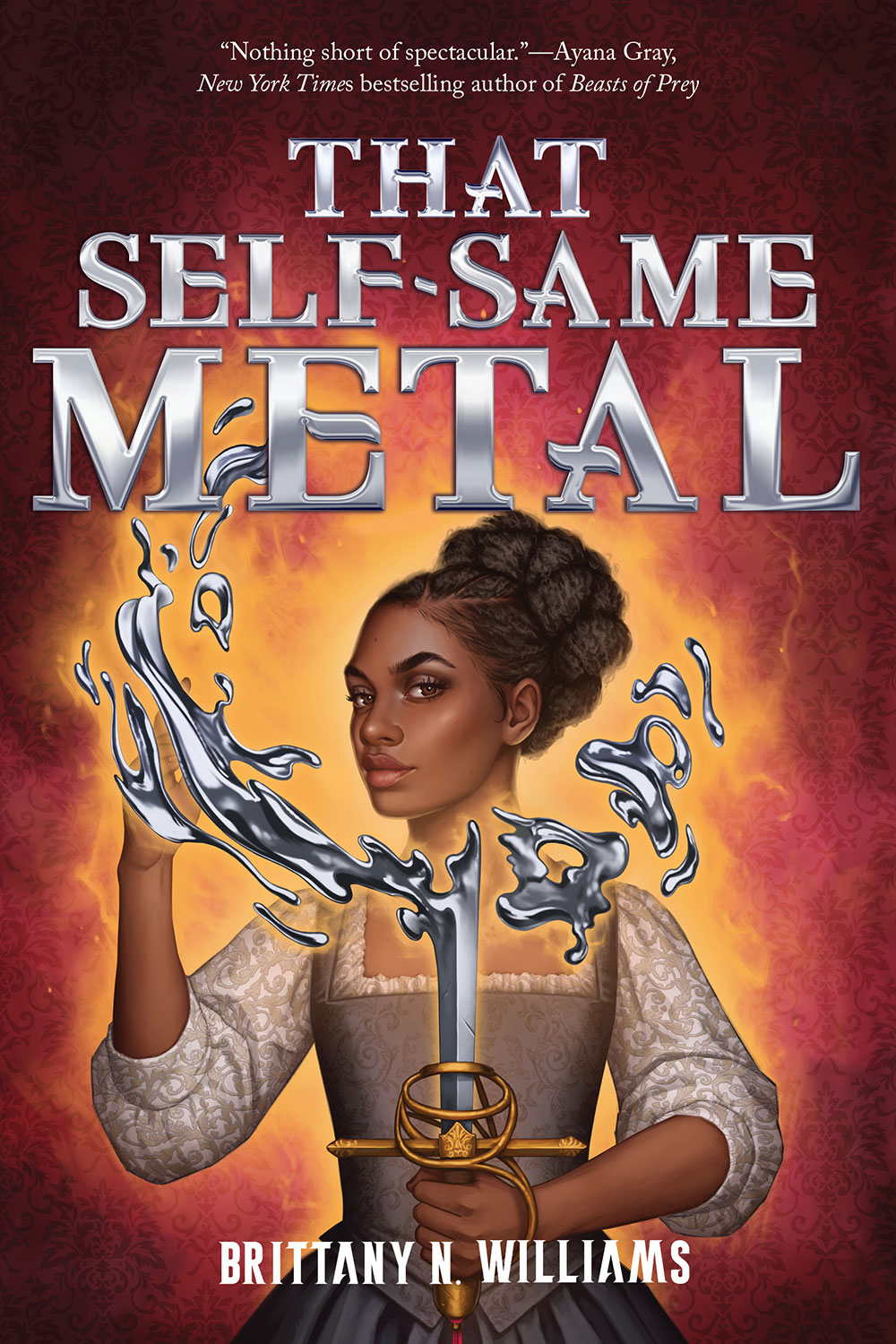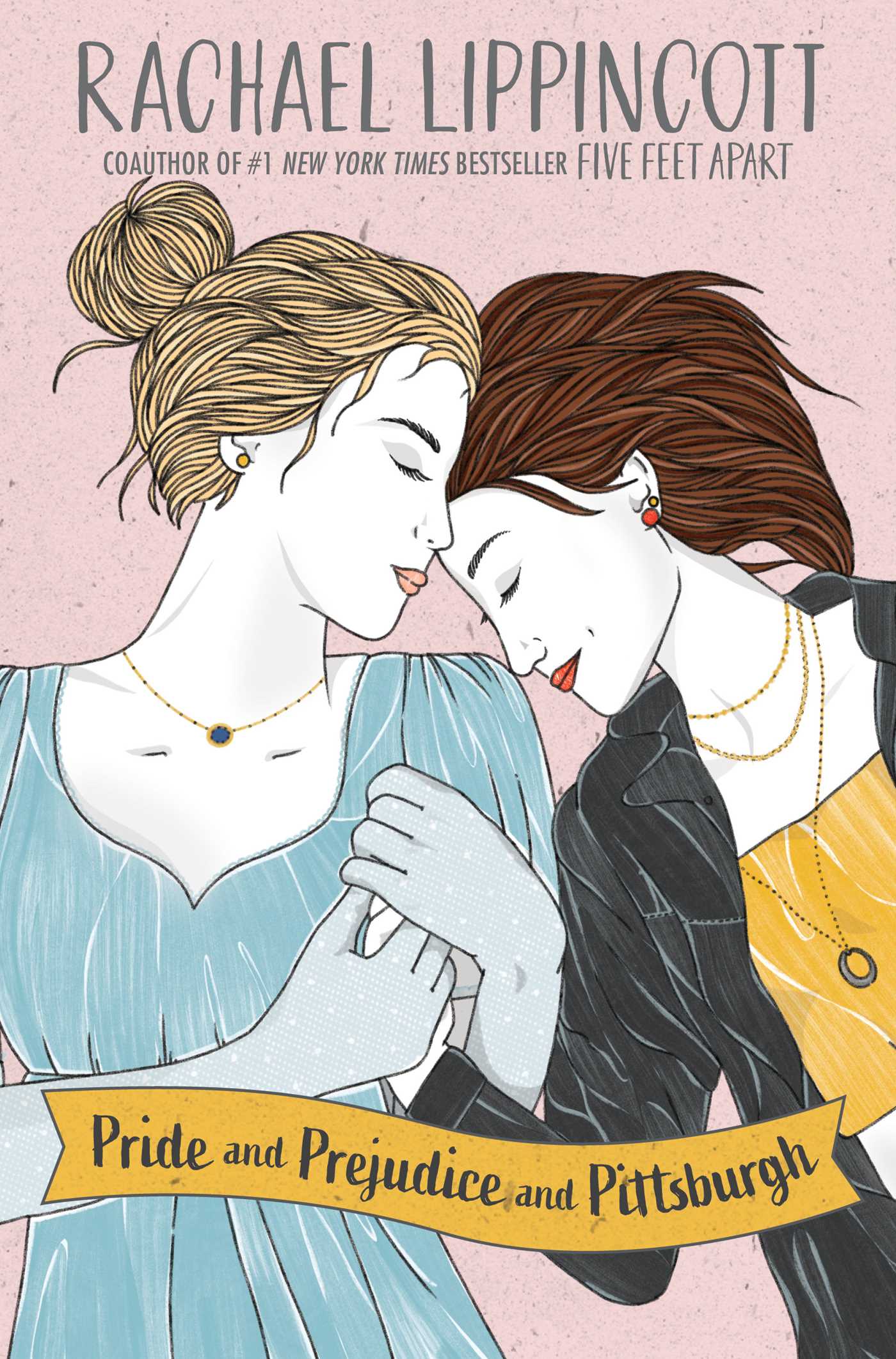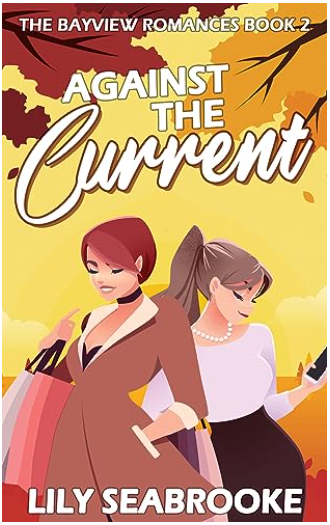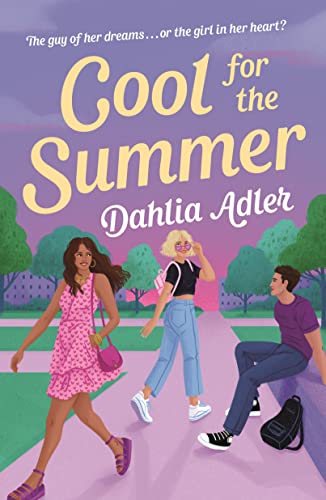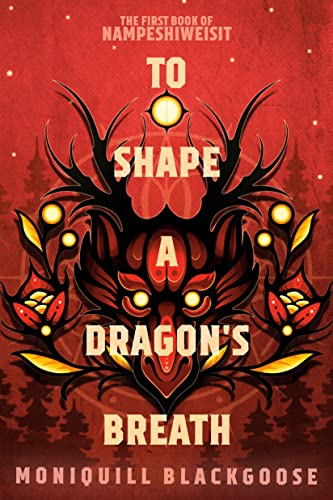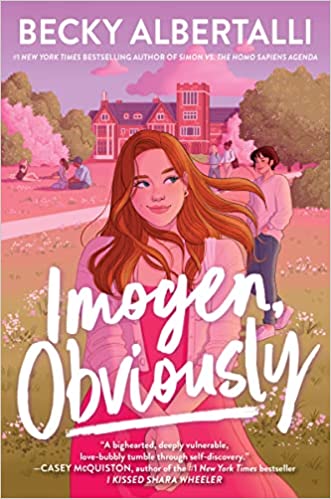Bookshop.org Affiliate Link At the age of sixteen, Joan Sands possesses exceptional craftsmanship skills that she employs to create and maintain the stage blades for The King’s Men, a theatrical troupe led by William Shakespeare. Joan’s remarkable blade-crafting ability is rooted in her magical power to manipulate metal, bestowed upon her by her guiding deity,Read More
Sweet, Chaotic Bisexuals: Love at First Set by Jennifer Dugan
Bookshop.org Affiliate Link “Queer chaos trumps moral fortitude, especially when making out is involved.” For Lizzie, working at a gym isn’t just a job; it’s her home. For now, she’s only the check-in girl (and occasionally, the owner’s punching bag), but one day, she could manage her own. When her bestie (and emotional support himbo)Read More
A Quiet & Queer YA Horror Story: A Guide to the Dark by Meriam Metoui
Bookshop.org Affiliate Link Mira and Layla are trying to make their way to Chicago for the last leg of their college tour road trip when they’re stranded in a small town and forced to stay at the Wildwood Motel. To Layla, this is a minor setback while she’s more focused on figuring out her confusingRead More
How to Use Time Travel to Explore Your Sexuality: Pride and Prejudice and Pittsburgh by Rachael Lippincott
Bookshop.org Affiliate Link Pride and Prejudice and Pittsburgh by Rachael Lippincott begins with two women, both of whom find themselves quite lost in life. Audrey Campbell lives in Pittsburgh, Pennsylvania in the year 2023, and a recent breakup and loss of her artistic spark has left her floundering, with no clear path to the futureRead More
A Breezy F/F Romance With a Fatal Flaw: Against the Current by Lily Seabrooke
Against the Current is the second in what promises to be a lovely cozy romance series, based on a queer friend group that lives in the same fictional, medium-sized city. The main characters, Annabel and Priscilla, were introduced (Priscilla a lot more briefly than Annabel) in the first book, If It’s Meant to Be. In that book,Read More
Sweet Summer Bi Vibes: Cool for the Summer by Dahlia Adler
Bookshop.org Affiliate Link “Just because you’re telling a good story doesn’t mean it’s the right story. And I think it’s really important to tell the right story.” For three years of high school, Larissa had extreme heart-eyes for Chase Harding; the sweet, popular, football star any girl would die to date. After returning from summerRead More
A Queer Indigenous Fantasy with Dragons: To Shape a Dragon’s Breath by Moniquill Blackgoose
Bookshop.org Affiliate Link The people on the remote island of Masquapaug have lived out of the eye of the colonizers, the Anglish, for many years. That is, until fifteen-year-old Anequs is selected by a dragon hatchling, quickly gaining the ire of the Anglish authorities who have strict parameters around who and how someone might possessRead More
A Knife-Throwing Bisexual Mystery in 1940’s New York: Fortune Favors the Dead by Stephen Spotswood
Bookshop.org Affiliate Link Content Warnings: Homophobia, ableism, depictions of violence Fortune Favors the Dead by Stephen Spotswood is a fun and engaging mystery story, set in the backdrop of New York City in the direct aftermath of World War II. Willowjean Parker, who prefers the name Will, is a former circus performer and general ruffian.Read More
The Enthusiastic Ally to Bisexual Pipeline: Imogen, Obviously by Becky Albertalli
Amazon Affiliate Link | Bookshop.org Affiliate Link Now that I’m twice the age of many of the protagonists in Young Adult books, I have a different relationship with them. I still read YA, but I find myself feeling protective of the main characters instead of relating to them. Nothing exemplified that shift more than readingRead More
A Bisexual Armenian American Self Discovery Story: Sorry, Bro by Taleen Voskuni
Amazon Affiliate Link | Bookshop.org Affiliate Link Armenian culture and self discovery are primary themes in Sorry, Bro by Taleen Voskuni. These themes are the strengths of the book, especially when it comes to culturally sensitive issues and heavier topics like genocide, racism, homophobia within the Armenian community. On the other hand, Sorry, Bro alsoRead More
- « Previous Page
- 1
- …
- 6
- 7
- 8
- 9
- 10
- …
- 14
- Next Page »
